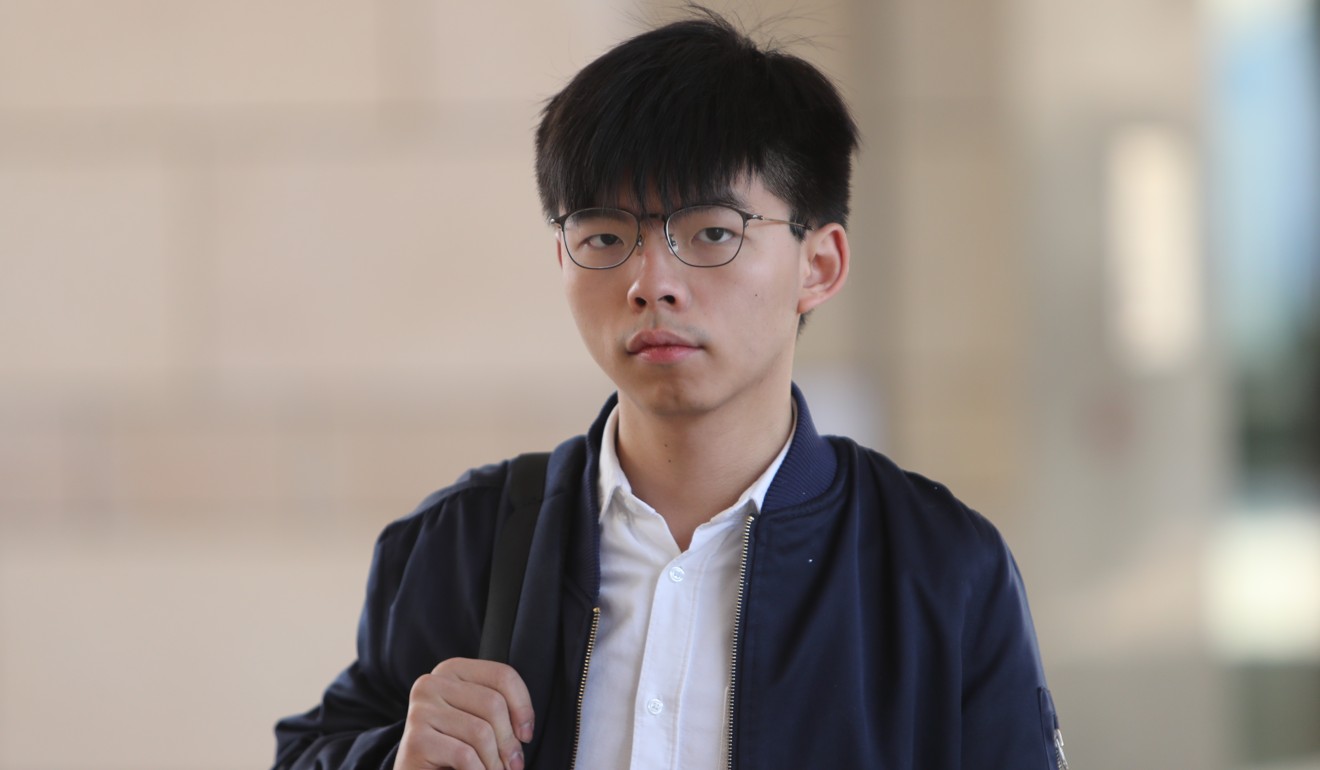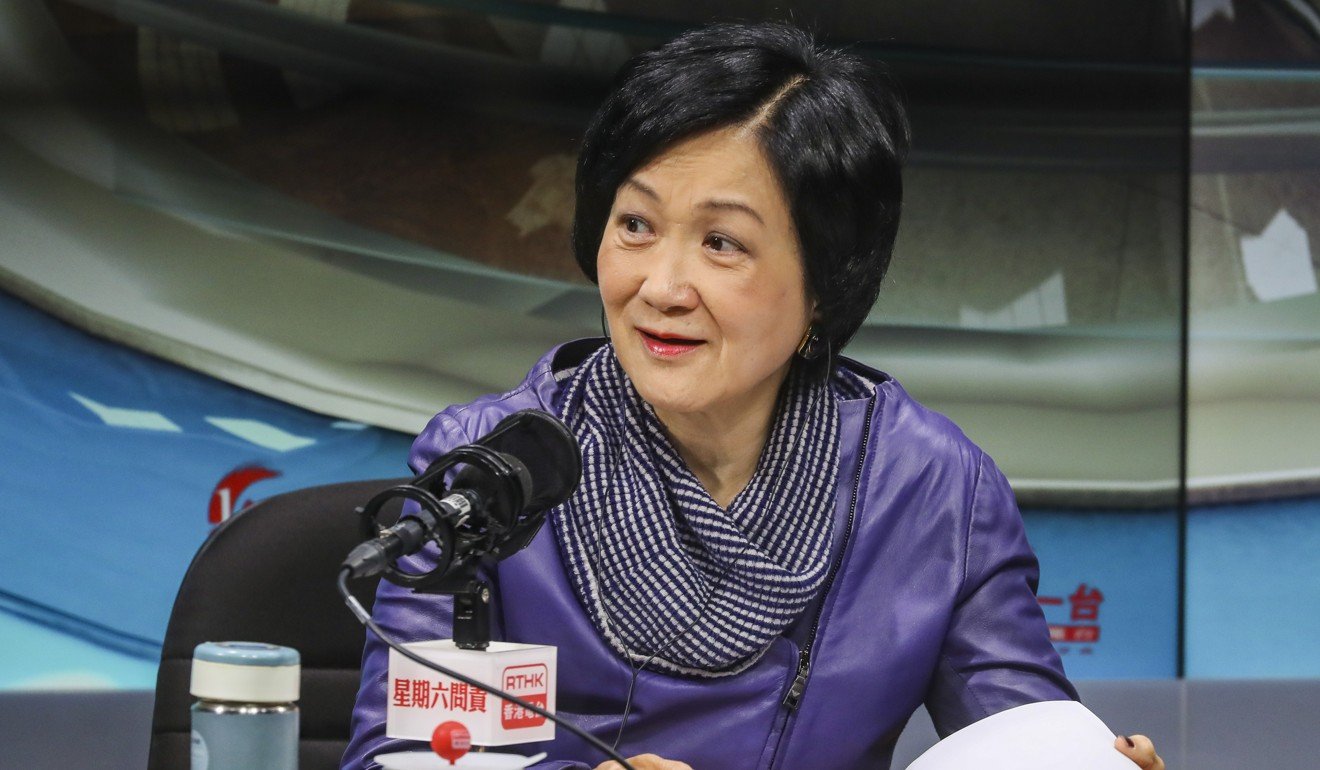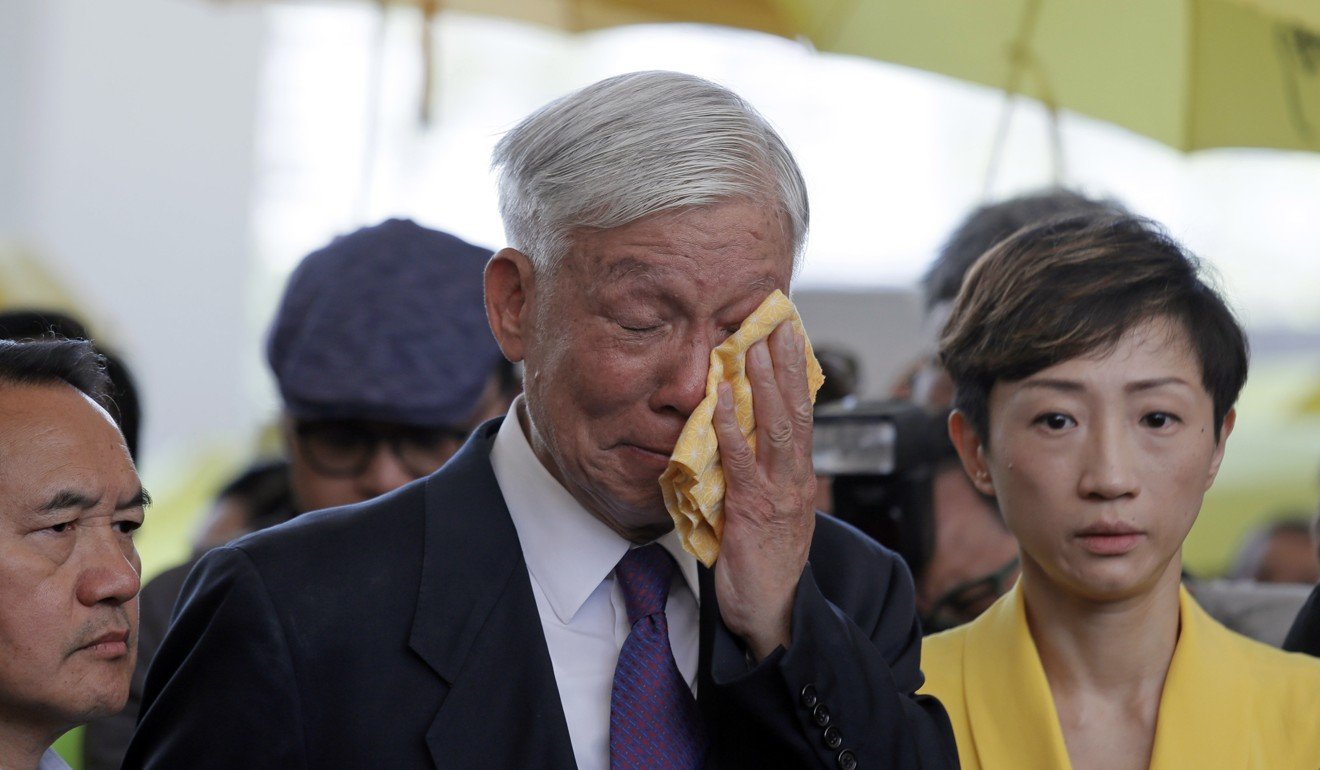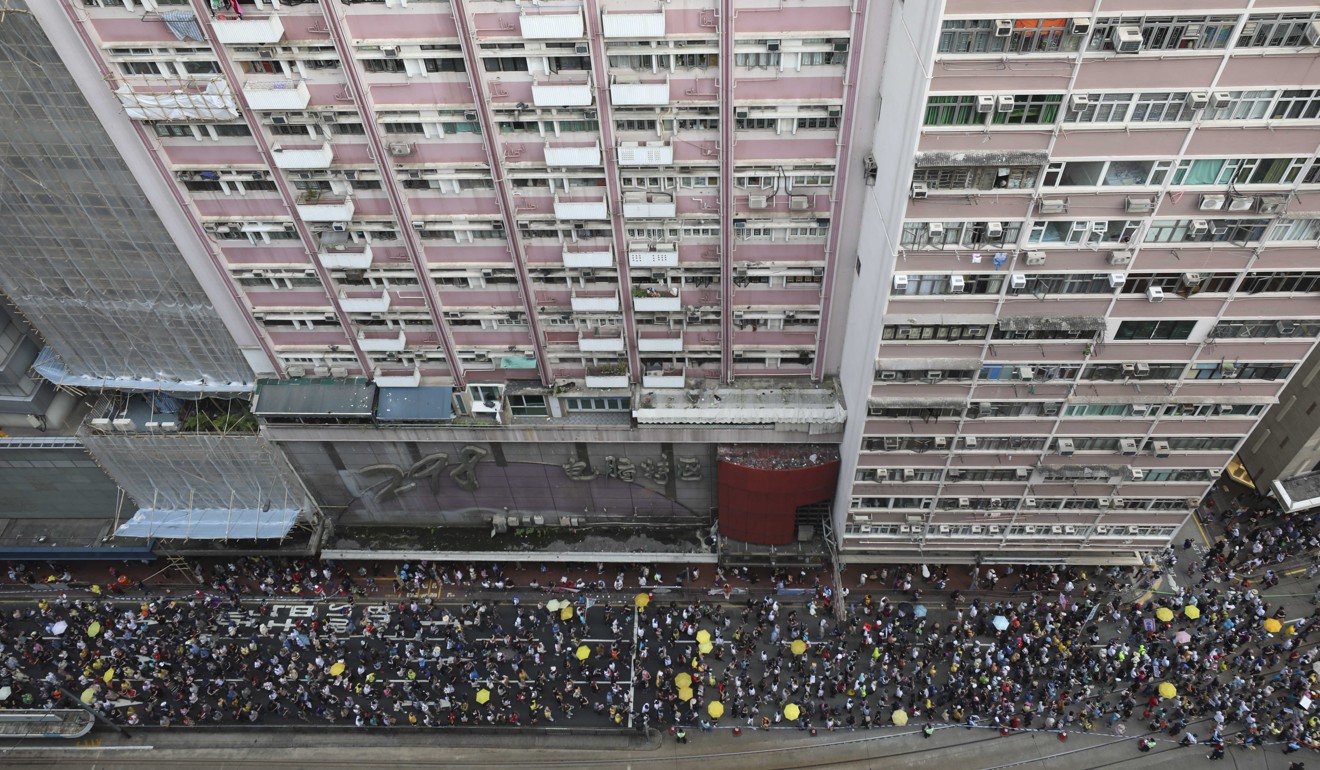
Hong Kong government caught on the hop by Sunday’s mass protest but it has very little wriggle room to withdraw controversial extradition bill
- Despite tens of thousands turning out to demonstrate against the extradition bill, the government is still resolved to press ahead with it
- The affair could however make it all the harder to pass the national security legislation that has long been on the government’s agenda

A massive turnout at Sunday’s protest against Hong Kong’s controversial extradition bill has caught the government between a rock and a hard place, observers say, as it makes any future attempt to introduce contentious national security legislation even tougher, whether it lets the current opposition boil over or bows to it.
But even after tens of thousands took to the streets, officials have pushed ahead with the unpopular bill – which would allow the transfer of fugitives to Taiwan, Macau and mainland China – as scrapping it under pressure would mean crushing the political energy of the entire administration.
Sunday’s turnout came as a surprise to even opposition pan-democrats, as many of them had reservations last week about organising a second protest in a month, fearing another low turnout would only make them look weak.
The opposition camp has been struggling to combat dwindling attendance and the widespread sense of cynicism in society in the wake of the Occupy protests of 2014, as evidenced by the lukewarm response to the numerous rallies it has held over the past five years.

But the jailing of four Occupy leaders last Wednesday became a key factor prompting people to return to the streets, according to Joshua Wong Chi-fung, the poster boy of the Occupy movement and now the secretary general of the youth-led Demosisto party.
“Many who took part in the 2014 movement had a profound feeling over the jailing,” he said.
Indeed, the so-called Justice Defence Fund – set up to raise legal fees for Occupy leaders and pro-democracy lawmakers whose ousting from the legislature was orchestrated by the government – had collected over HK$2.7 million for Sunday’s march, taking it to a record high since its launch in 2016.
Donation boxes were crammed with HK$100 and HK$500 bills at a collection booth in Wan Chai, manned by Occupy co-founder Reverend Chu Yiu-ming, who had his 16-month jail term on public nuisance charges suspended for two years.

Wong said there were ups and downs in every social movement, and whether they could sustain the momentum would depend on how the government handled the extradition controversy.
Pro-establishment lawmaker Michael Tien Puk-sun, a delegate to the national legislature, said he was shocked by the turnout and called on the government to accept a counterproposal to give the city’s courts the authority to hear cases involving Hong Kong suspects abroad.
Another veteran pro-establishment lawmaker, former security secretary Regina Ip Lau Suk-yee, said opponents of the extradition bill were starting to recreate the massive backlash against the government’s failed push for national security legislation 16 years ago.
Ip, who spearheaded that push, was forced to step down in 2003 after half a million people marched in protest against the planned implementation of Article 23 of the Basic Law, which requires the city to legislate against acts of treason, secession, sedition or subversion.

“These opponents want to create another Article 23 saga,” Ip said. “Their strategies in promotion [and] tone were also similar to that [of 2003] and mainly focused on spreading fear.”
Like Ip, a government official who spoke on condition of anonymity said there was no room for the administration to shelve the bill at this stage.
“Unlike the tunnel toll plan, this law is related to political loyalty to Beijing. There is no turning back once the government has initiated the process,” the source said, referring to the shelving last month of a proposal to revamp cross-harbour tunnel tolls because of opposition in the legislature.
“If the government withdraws it, the political energy of the entire administration would be crushed.”
Professor Lau Siu-kai, vice-chairman of semi-official think tank The Chinese Association of Hong Kong and Macau Studies, warned that Article 23 legislation would become even more difficult if the government decided to back down now.

“Hongkongers used to think that the central and local governments would back down if their opposition was strong enough, until the Occupy movement during which Beijing refused to budge on democracy,” he said. “The authorities would not want to reverse this political expectation again by sending the public a message that they could force any concession.”
Civic Party leader Alvin Yeung Ngok-kiu viewed it from a more positive perspective.
“The Sunday protest showed that Hongkongers will indeed come out at critical moments,” he said. “Perhaps Lam can tell Beijing the city is not ready for Article 23 legislation by citing this piece of evidence.”
Yeung said Sunday’s turnout had sent a stern warning to the government, as it had only one anti-extradition agenda – unlike the annual July 1 pro-democracy marches which drew protesters with all kinds of grievances.
“If the government continues to turn a blind eye to the [extradition] controversy, it will only harm all sides, and particularly itself,” he said.